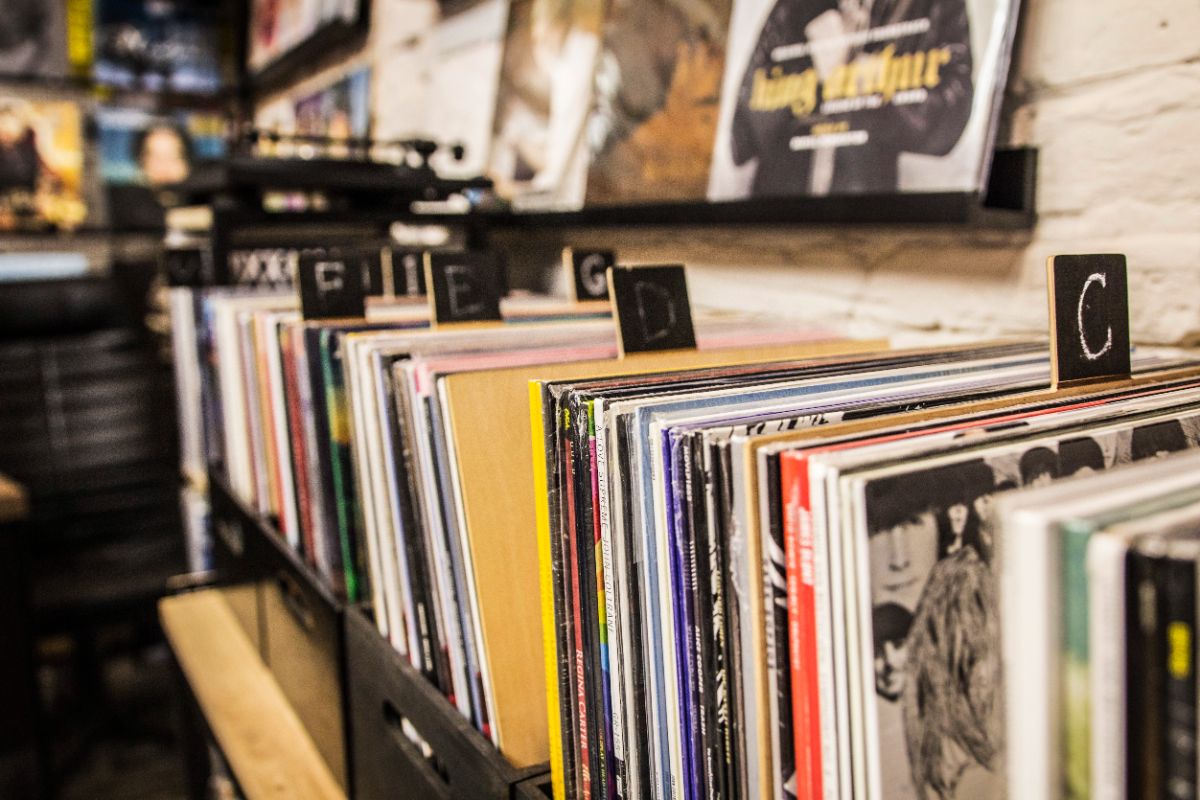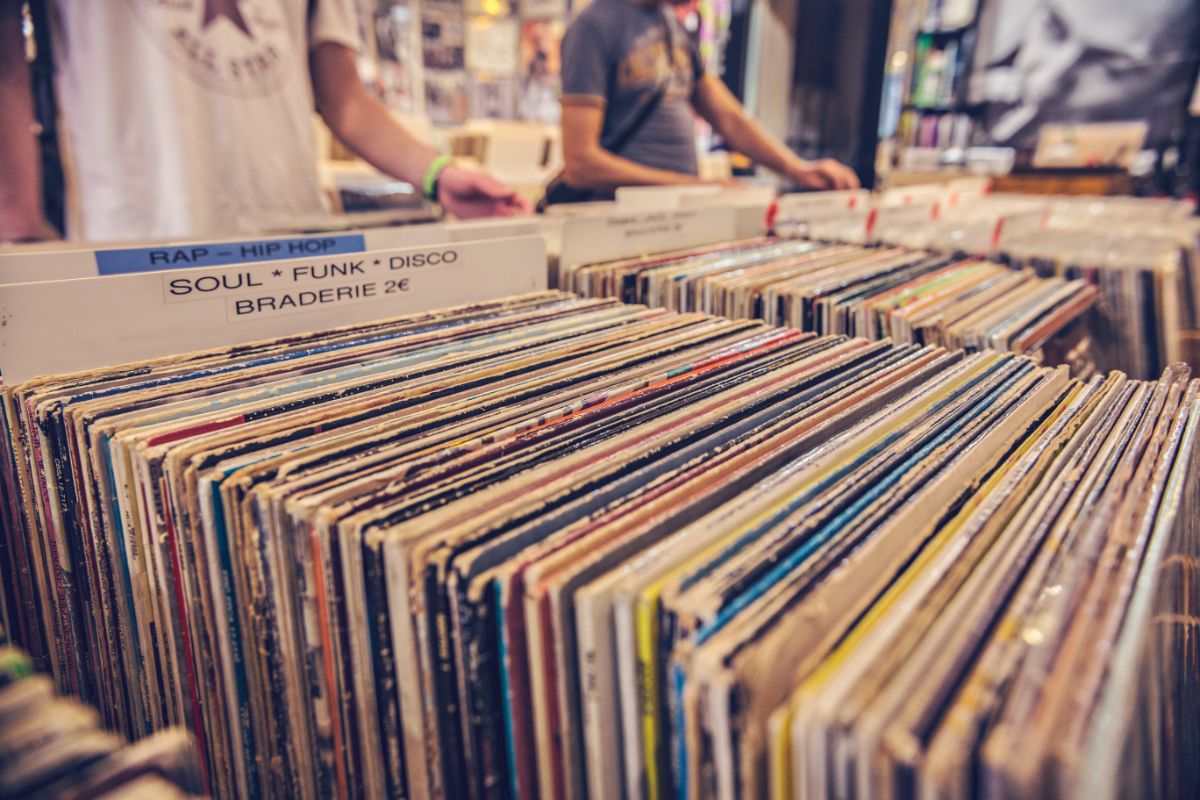Selling a catalogue of music is not an easy or light decision. Yet, many musicians are doing it. The news headlines are filled with some of the biggest names in music selling some of the most iconic songs in recent history to big money funds and large corporations.
However, Shakira, Bob Dylan, and Neil Young are not the only ones making serious bank on the music they have recorded. As an attorney specializing in intellectual property, most of the musicians I work with have made their name in the new media that has emerged over the last decade. They have gained a following online, which makes their catalogue worth something.
In other words, selling music catalogues is not something being done by eccentric millionaire artists; it is a real phenomenon in the industry.
Indeed, many of the musicians who sell their music continue to go on tour. So, the question becomes: can they continue to sing songs on tour that are part of the music catalogue they have sold?
When a Musician Sells Their Catalogue of Music, Can They Still Perform Those Songs on Tour?

If the deal includes both royalty and copyright, then the artist surrenders all rights to the songs and are treated like any other individual who wants to perform them.
If you are an active musician who is thinking about selling your catalogue, you should know that the entities interested in acquiring such a product will want the royalty stream and the copyright. It is important to go into any such deal with your eyes wide open and to have a firm grasp of the facts.
Music Catalogues and Copyrights
 A musical catalogue is a collection of songs created by the same owner. Such compositions may have been created by a single person and registered under their name or some other entity. Whoever owns such music is called its master.
A musical catalogue is a collection of songs created by the same owner. Such compositions may have been created by a single person and registered under their name or some other entity. Whoever owns such music is called its master.
The person or entity that has master rights over the music catalogue receives income generated by music royalties each time the music is consumed and used.
It is rare for music artists to own all the rights to the music they have created. The very term “created” is rather expansive in the music industry. In most instances, the copyrights to songs are divided amongst all the parties that cooperated in the making of each song.
The final musical piece that is heard by consumers is the result of many hours of work by songwriters, musicians, beatmakers, bands, and singers. Then there are those who are involved in enhancing the aesthetic power of the music. These include producers and studio technicians.
Record labels and managers also have a stake in the creation of each piece. All such persons claim a share in the royalties of the music.
Although a singer-songwriter may have to share royalties with the above individuals and entities, it is possible for them to retain the copyright to their catalogue of songs. The ability of such an artist to continue to sing their songs on tour after they have sold the catalogue depends largely on whether they owned the copyright in the first place.
Why Investors are Interested in Music Catalogues
 Buying music catalogues may seem like a strange action to take on the part of people with money. But looks can be deceiving, and anyone thinking of selling their catalogue can be assured that investors are not in the market for catalogues for sentimental reasons.
Buying music catalogues may seem like a strange action to take on the part of people with money. But looks can be deceiving, and anyone thinking of selling their catalogue can be assured that investors are not in the market for catalogues for sentimental reasons.
In the world of the one percent, diversification is the key. It is in the interest of wealthy people to diversify their portfolios with a range of different kinds of assets. They want assets that have a track record of consistently generating cash flows. Another great thing about music is that it is not tied to financial markets, which means it is not impacted by the fluctuations of the latter.
Buying one or two songs that were at the top of the charts would be a waste. The popularity of such songs is much too volatile. With an entire music catalogue, an investor can spread the risk. A song that is not popular today may be so tomorrow. The point for investors is to find music catalogues that tend to perform consistently well.
Indeed, investors are not without means and tools for making this happen. The power of social media and paid streaming subscriptions to popularize and expand the consumption of certain songs continues to evolve. Putting money into marketing music catalogues on these platforms can generate stable income in the short and long term.
What People Who Purchase Music Catalogues Get
These are some of the many things that come with the purchase of a music catalogue:
-The royalty percentages enjoyed by the artist across all platforms and events where the music is used publicly
-The right to use the song in whichever way they want to
-The ability to strike deals with television and film studios that want to use the music in their productions
-Revenue from streaming platforms that play the music
-Revenue from merchandise associated with the artist’s name, including t-shirts, bags, hats, and other items
This last one can be a source of contention. Musicians do have the right to retain ownership of their name if they have branded it. If a musician already has another deal with a clothing, shoe, or other type of manufacturer, then the buyer of their music catalogue cannot infringe these other contracts.
Why Musicians Sell Their Music

They are in it to create music and to make money. Selling music is first and foremost about money.
Although the music business has always been uncertain for artists, the level of instability and change is now unprecedented. New platforms and technologies have made it impossible for a single musician or group of musicians to dominate the industry the way they once did. That is why even younger musicians are selling their catalogues.
They know that it is best to do so when they are hot, and the purchase price is high. The fame and popularity they have now may not last, and it is hard for them to know if they will ever have such a financial opportunity again.
Lack of live performances is also a reason why so many musicians are selling their catalogues. When COVID-19 first hit, it was believed that the suspension of live performances would be temporary. The last two years have seen new outbreaks and variants emerge, which has made it harder for musicians to tour and make money from ticket sales.
Nearly 80% of what musicians make in a year comes from touring. The pandemic has had a devastating effect on the ability of artists to keep their heads above water.
Another reason why musicians are selling their catalogues is that they are not earning enough money through streaming services. To make money from such platforms, it is necessary to get thousands of streams per month. This simply does not happen for many musicians.
Finally, musicians are selling their catalogues because they have decided it is time to cash out. This mostly applies to older musicians such as Bob Dylan and Neil Young. For such musicians, selling their catalogue is a kind of retirement or semi-retirement package.

